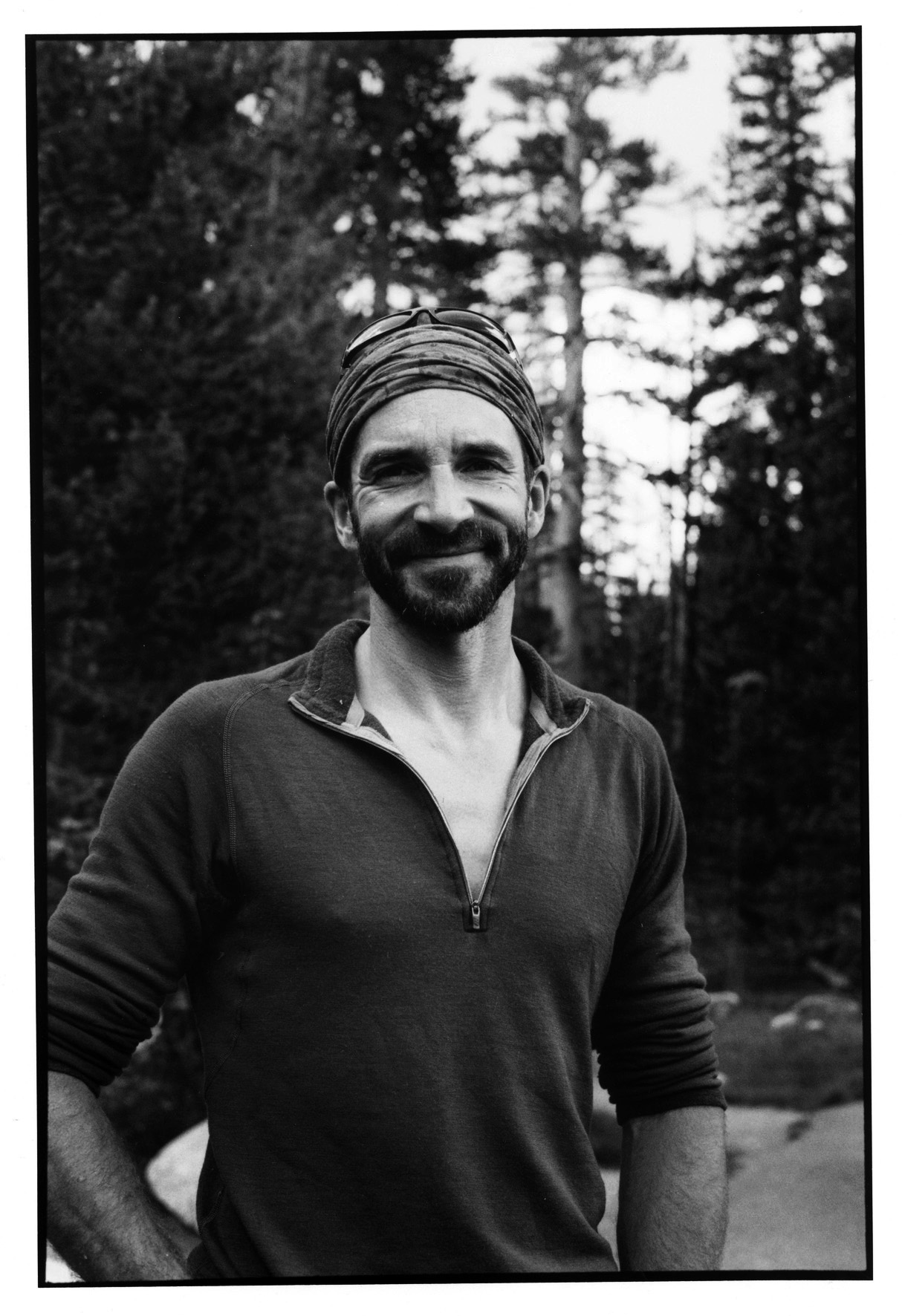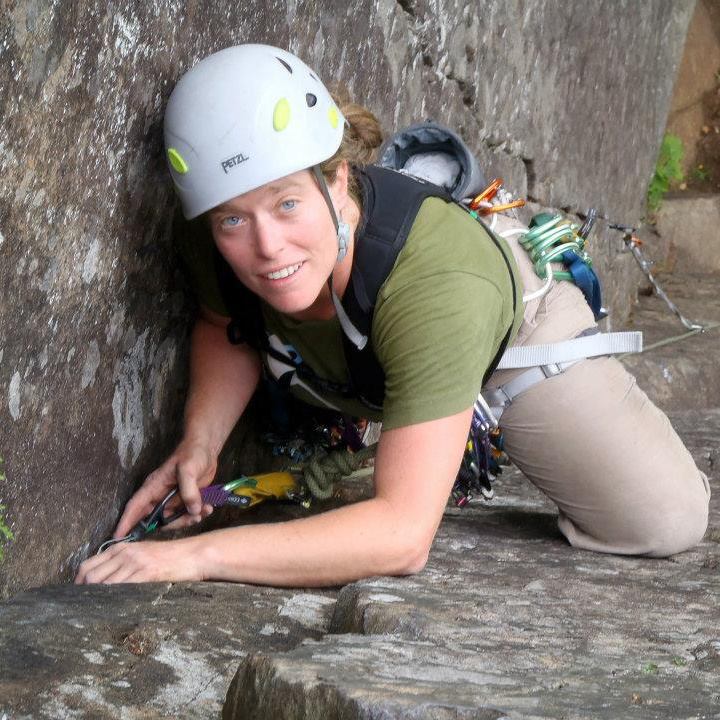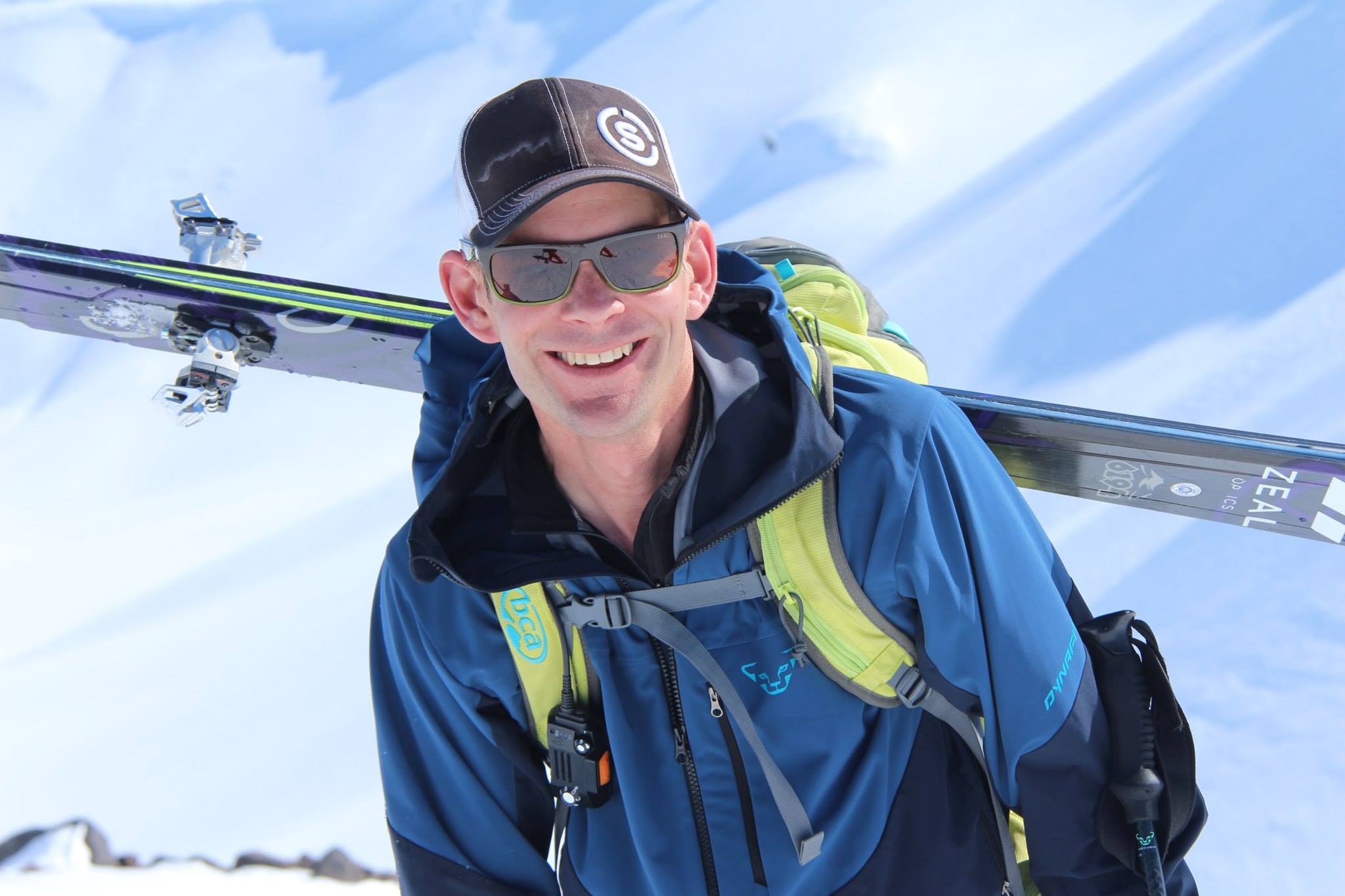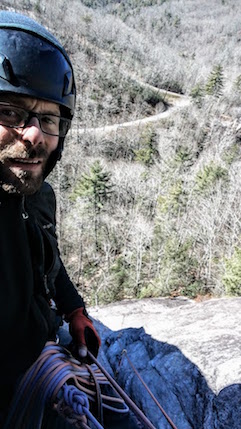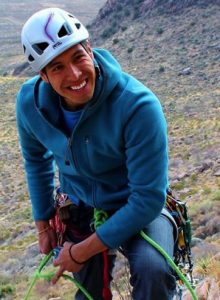A Quick Summary of the Jackson and Fayetteville round table meetings
Here, we present a summary written by Dale Remsberg about his trips to two recent Round Table Discussions, regular meetings that allow members to connect with AMGA staff, hear about our recent initiatives and advocacy efforts, and discuss national and local guiding issues.
On August 26 and September 1, Dale Remsberg traveled to Jackson, Wyoming, and Fayetteville, West Virginia, to meet and present issues on access and Scope of Practice with local guides.
The AMGA is committed to listening and learning from our members, and this is a valuable step in that process and goal. Thankfully, we have the generous support of Arcteryx, which has funded the Round Table discussions. Without such support, it would be much more difficult to spend such quality time with our membership across our large nation due to our nonprofit status and limited budget. Arcteryx is committed to the guide culture and is very interested in responsible access for guides and the nonguided public.
The process for the Round Table discussions is pretty simple: We present the current state of the AMGA and then engage and involve our membership in what they perceive to be the issues, as well as discuss potential solutions to those problems. Here is a recap of the attending-member concerns as well as some ideas about solutions. Please keep in mind that this is a fairly small cross section of our membership.
1. Program quality, consistency, and value.
Solutions: The common theme at the two Round Table meetings was that the entry standard and level of student have possibly gotten a bit too low. This causes a problem for those who are fully prepared. The feeling was the AMGA should do a better job of screening participants and making sure everyone has met the prerequisites. In addition, more instructor training was a concern as was continued training on how to debrief and be consistent.
2. How does the AMGA create better public awareness about AMGA training and certification?
Solutions: The AMGA should create language that helps guide services and guides better sell the advantage of trained and certified guides.
3. Access. This was a very universal concern and a key talking point—access for the AMGA as it grows, and access for guides and guide services and the guided public, plus AMGA-program access as it continues to grow.
Solutions: Better education of land managers about the advantages of AMGA guides and how we deal with the environment and provide support and aid to the nonguided public when needed. The general feeling from those at the meetings was that the AMGA should be working on access and finding solutions to allow for better individual-guide universal access. This included working on reciprocity for foreign guides.
The AMGA would like to thank those who attended and remind everyone that we have two more Round Table discussions coming up—at the AMGA annual meeting in Salt Lake City, Utah, October 23, and in New Paltz, New York, on November 18.


